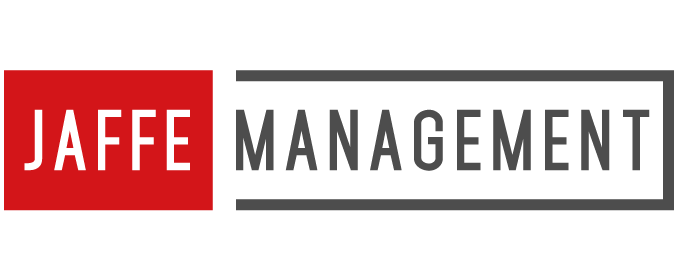17 Nov 2023 The Most Common Liabilities for Associations and Nonprofits: Is Your Organization at Risk?
Liability insurance claims and lawsuits can be expensive for your association — for your bottom line and your reputation as well. Here are some of the most common liabilities for associations and nonprofits and how you can protect your organization in advance to prevent or minimize damage.
Liability: Property Damage
Whether you rent or own your association’s headquarters, it’s subject to damage by storms, natural disasters, fires, burst pipes, vandalism, and accidental blunders. This also includes damage to office equipment, tools, inventory, and other property on the premises.
Protection
You can’t prevent most of these risks, other than keeping up maintenance and providing adequate security. But a good insurance policy will reimburse you for structural damage and/or interior property damage. Be sure you know what’s covered; for example, earthquake and flood insurance require separate policies, and some policies exclude certain types of water damage or wildfires.
Liability: Lawsuits for Accidents and Other Harms
A slip-and-fall injury on your premises could cost your organization millions if the victim sustains long-term injuries. Your association could also be on the hook for harm resulting from advertising, drunk driving after an event, or an allegation of wrongful termination.
Protection
Protect yourself with liability insurance to cover possible scenarios for your unique business model, such as:
- General liability insurance
- Umbrella insurance
- Workers compensation
- Directors and officers insurance
- Employment practices insurance
- Errors and omission insurance
- Event insurance
We discuss liabilities related to autos and cyber crime below.
Liability: Auto Accidents
Does your association own vehicles for use in its operation? Do staff or board members drive as part of their duties? If they are at fault in an accident, your organization is likely to be held liable, depending on your state.
Protection
A business auto insurance policy is required for any association-owned vehicles. And personal auto policies usually don’t cover accidents that occur during business operations. For instance, if an employee is delivering publicity materials for an event in their own car, they might not be covered in case of an accident. Ask your insurance agent what type of coverage you need for your specific vehicle usage.
Liability: Cyber Crimes and Data Damage
There are multiple ways your association could face financial or reputation losses via online crime or damage to data. Hacking, ransomware, ID theft, and data breaches are common with small organizations because they don’t have the protections in place to prevent them as they increase their online presence.
Protection
Your defense in this area should be twofold. First, invest in cyber insurance to cover legal expenses, crisis management, and other costs associated with cyber crime. You may have to purchase a separate policy to cover data loss due to natural disasters and non-criminal damage.
Second, create protocols to prevent cyber crime and data loss in the first place, including:
- Ensuring the proper firewalls and encryption are in place (hire an IT security expert if necessary)
- Limiting access to member personal and financial data
- Backing up vital data frequently to the cloud or off-site storage
- Educating staff and board members about common phishing scams, password protection, and other areas of vulnerability
Liability: Failure to Pay Required Taxes
Even if you are a tax-exempt organization, you may be required to pay some taxes, such as employee Social Security, FICA, and state and federal income taxes. Your association may also need to pay sales tax for selling certain items.
Protection
Having a CPA on your board or on retainer is the smart move here. They can advise you on all tax issues, so you’re not subject to fines and penalties.
Liability: Investment Fraud and Financial Crimes
Unfortunately, nonprofit organizations are often targets for unscrupulous financial advisors and dangerous or fraudulent investment schemes. There is also the risk of crimes like embezzlement or misuse of funds.
Protection
Always vet any financial consultants you work with and understand the hazards involved in investing. In most cases, smaller dividends are preferable to large short-term gains that could be associated with high-risk ventures.
You should perform background checks on anyone with access to your association’s financial information and banking. Reduce access to only those who must use data, passwords, checkbooks, and banking websites. Use one association computer system for all financial tasks, and don’t allow staff or board members to use personal laptops or devices for high-risk association business.
Whether you’re an established association or a new nonprofit, Jaffe Management can provide many services related to the issues above, for cost-efficiency, convenience, and reduced exposure to risk. To learn more about how we assist groups like yours with membership administration, website development, and more, call us at 212-496-3155, or reach out online.


